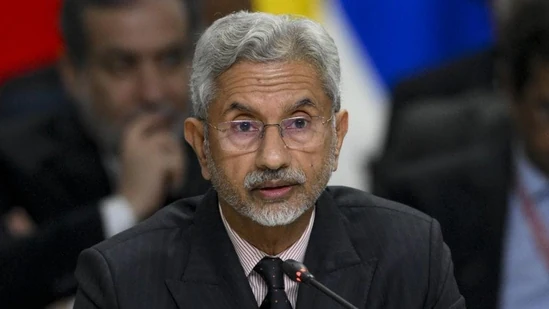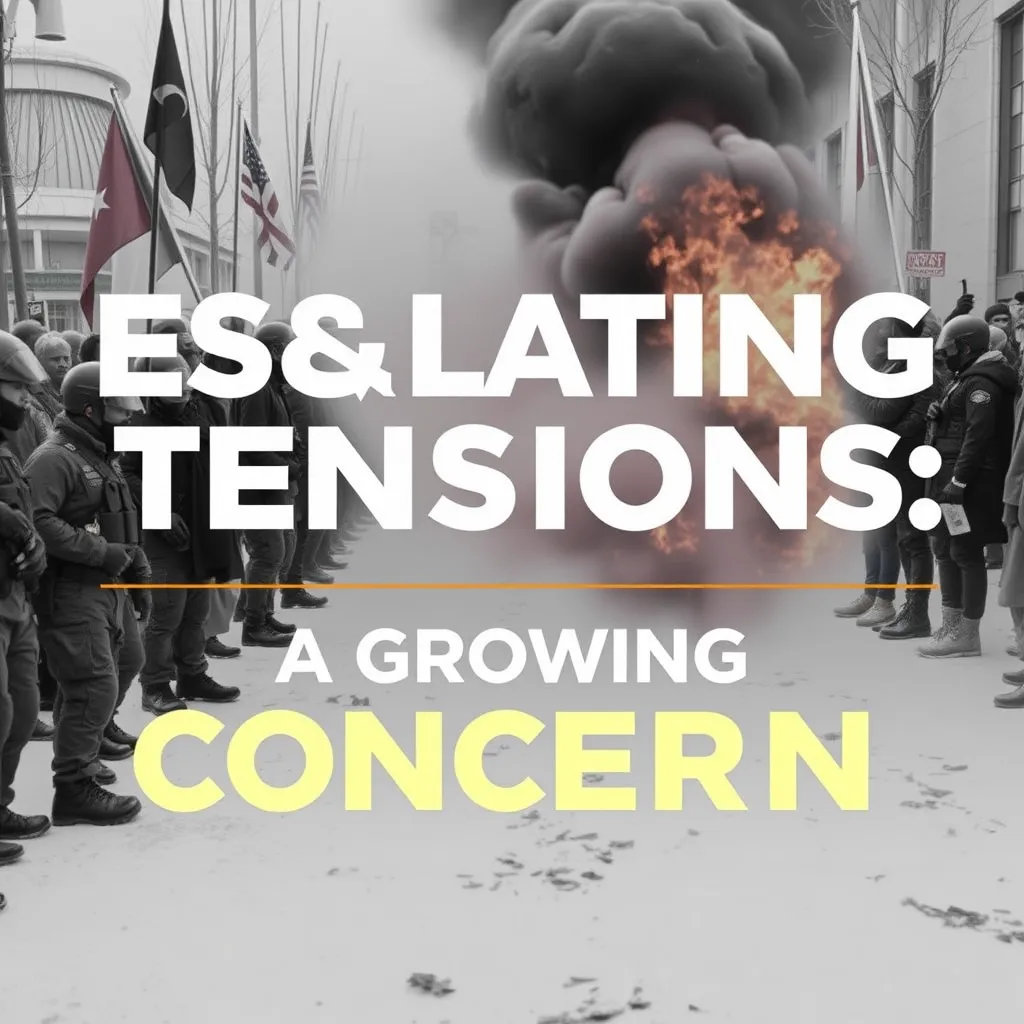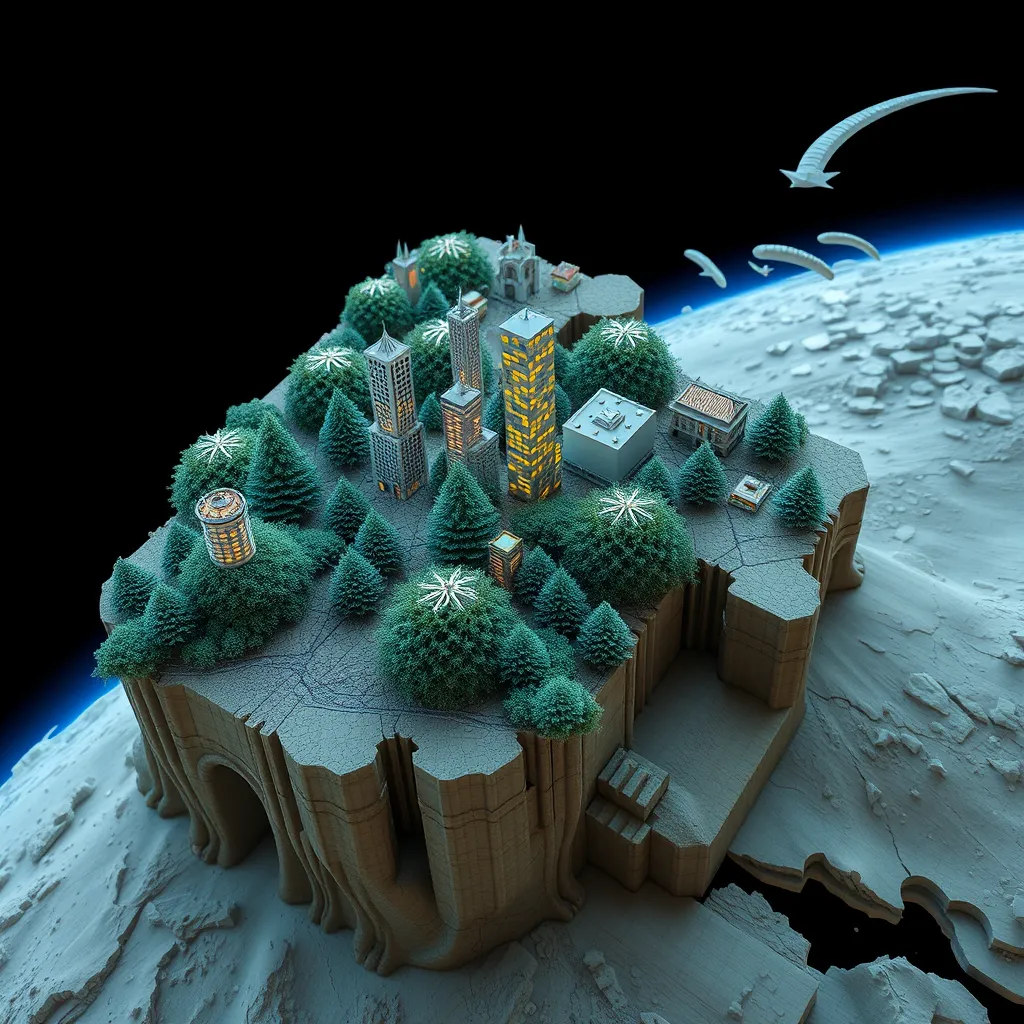
Table of Contents
Escalating Tensions: A Growing Concern

S Jaishankar : There have been mounting global concerns over escalating tensions between Iran and Israel in recent months. The relationship or absence of it between these two nations has been a source of concern for many, including India’s External Affairs Minister S Jaishankar.
India’s Focus on the Issue
S Jaishankar : At the Manama Dialogue in Bahrain, India’s External Affairs Minister, S. Jaishankar, highlighted India’s diplomatic efforts aimed at fostering stability in the Middle East, particularly concerning the complex dynamics between Israel and Iran. Stressing the need for de-escalation, Jaishankar underscored India’s commitment to ensuring that regional conflicts do not intensify or spill over into broader crises.
India’s approach to diplomacy in the Middle East is rooted in its long-standing ties with nations across the region, reflecting a balance between diverse interests and relationships. Jaishankar emphasized that fostering dialogue and mutual understanding among countries like Israel and Iran is crucial for regional peace and security. He pointed out that improving security frameworks not only benefits the Middle East but also has broader implications for global stability, trade, and energy security.
India’s engagement reflects its role as a responsible global actor, advocating peaceful resolutions to conflicts. Through these efforts, India seeks to act as a bridge, promoting dialogue and collaboration while respecting the sovereignty and unique concerns of each nation involved. Jaishankar’s remarks underscore the importance of diplomacy in navigating the region’s intricate geopolitical landscape and preventing conflicts from escalating further.
Recent Developments in the Region

In October, tensions in the Middle East surged as Iran launched approximately 200 missiles into Israel following the targeted killing of Hezbollah chief Hassan Nasrallah and other key commanders. The Iranian strikes were seen as a direct retaliation to what it termed as provocative actions by Israel. In response, Israel launched its own counteroffensive, intensifying the already volatile situation in the region.
This sharp escalation has alarmed the international community, sparking fears of a broader conflict that could destabilize the Middle East and have far-reaching global consequences. Both nations, already entrenched in a history of animosity, have further entrenched their positions, leaving little room for dialogue.
The situation has also heightened concerns over the safety of civilians and critical infrastructure in the region. The involvement of Hezbollah and other regional actors raises the risk of the conflict spreading beyond its current boundaries, potentially drawing in other nations and factions.
The global response has been a mix of calls for de-escalation and apprehension over the conflict’s implications for international security and energy stability. As the crisis unfolds, the need for diplomatic intervention to prevent a larger-scale war has become increasingly urgent.
India’s Economic Growth and Its Significance
S Jaishankar : During his address, External Affairs Minister S. Jaishankar underscored India’s robust economic trajectory, projecting that the country’s growth is poised to comfortably double within this decade. Highlighting India’s trade volume of approximately USD 800 billion, he shed light on the pivotal role of West Asia in New Delhi’s economic and strategic framework.
Jaishankar emphasized that West Asia is not merely a trade partner but a critical region for India’s broader geopolitical and economic ambitions. This partnership is reflected in robust energy ties, investments, and a thriving diaspora that significantly contributes to India’s economic landscape. He stressed the importance of leveraging these connections to bolster mutual growth and deepen strategic collaboration.
India’s engagement with West Asia aligns with its larger vision of being a global growth engine. By fostering economic integration and strengthening trade linkages, India aims to navigate global uncertainties while positioning itself as a central player in the international arena. Jaishankar’s remarks reinforced India’s commitment to building resilient partnerships in West Asia, ensuring that the region remains an integral part of its growth narrative. This vision not only addresses immediate economic objectives but also supports long-term stability and development for both sides.
The Situation in the Red Sea
S Jaishankar referred to the situation in the Red Sea and said that the security domain is a key area for strategic regional cooperation. He mentioned that India has had significant security challenges in this area, with a deep and disastrous impact on trade in Asia.
India’s Naval Presence in the Region
The external affairs minister also briefed about India’s naval presence in the region. He mentioned that over the year, India has had a naval presence in the Gulf of Aden, Somalia, and the Northern Arabian Sea. The peak deployment was around 12 ships at one point, which were deployed there. S Jaishankar
India’s Response to Security Challenges
S Jaishankar said that India has responded to 24 actual incidents, escorted 250 ships, and rescued 120 crew members in the last year. He also mentioned that India is working in tandem with Operation Prosperity Guardian, a US-led military mission launched late last year to jointly address security challenges in the southern Red Sea and the Gulf of Aden. S Jaishankar
Bilateral Exercises
S Jaishankar announced that India intends to increase its bilateral exercise both in the Gulf with its partners as well as in the Mediterranean. He mentioned that the Gulf countries have been regular partners for India, and there has been an uptick in shared activities.
Connectivity Projects: A Game-Changer
Jaishankar also elaborated on various connectivity projects, including the India-Myanmar-Thailand Trilateral (IMTT) highway, the International North-South Transport Corridor (INSTC), and the ambitious India-Middle East-Europe Economic Corridor (IMEEC) initiative. He emphasized that these corridors have a game-changing possibility.
The Connectivity Corridors: A Vision for India
Jaishankar mentioned that one day, when these corridors are completed, the IMEC will bring the Atlantic to India, and the IMTT will take that connectivity from India to the Pacific. He envisioned a connectivity corridor from the Atlantic to the Pacific going through southern Europe, going through the Arabian peninsula, cutting through the southern part of the Asian continent. S Jaishankar
Conclusion
In conclusion, the situation between Iran and Israel is a growing concern for many nations, including India. S Jaishankar’s address at the Manama Dialogue highlighted India’s focus on preventing conflicts from spreading further and improving the security situation in the region. The country’s economic growth and its significance were also emphasized during the address. S Jaishankar
